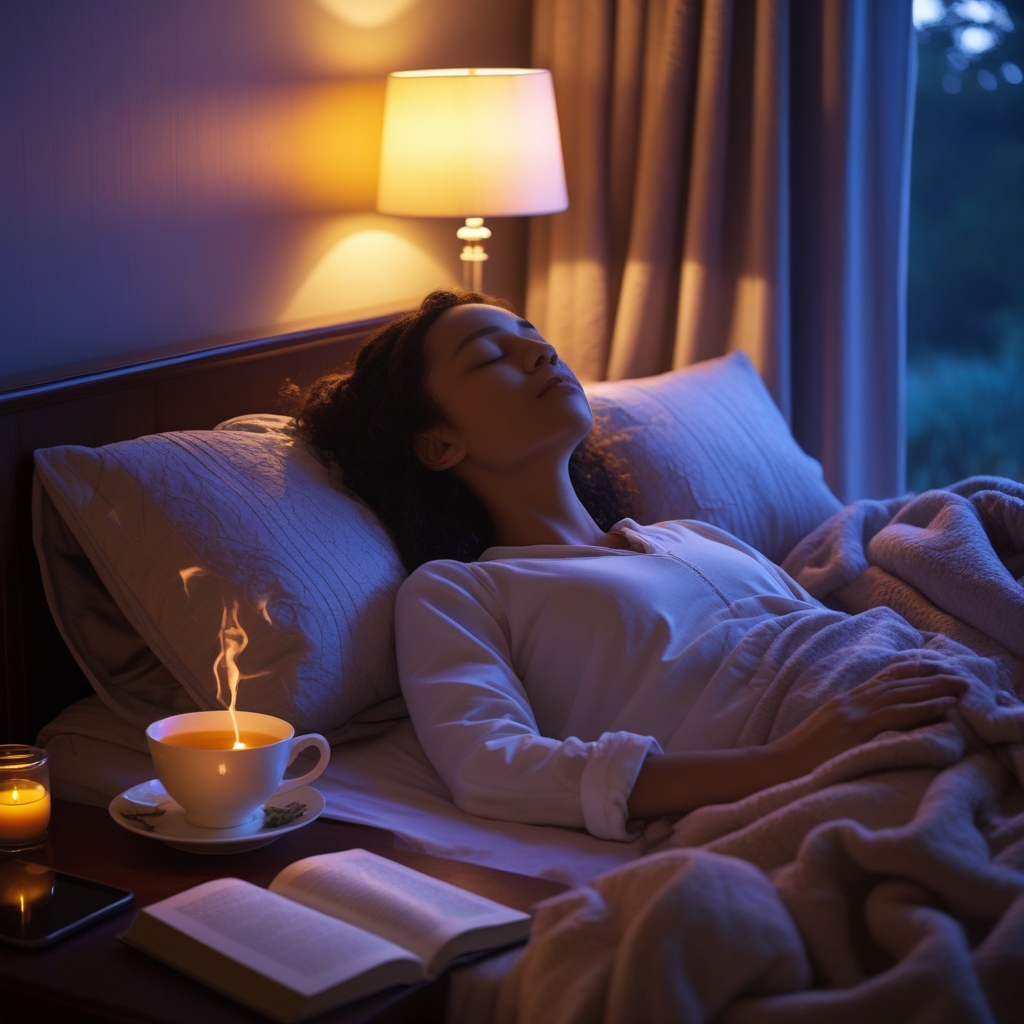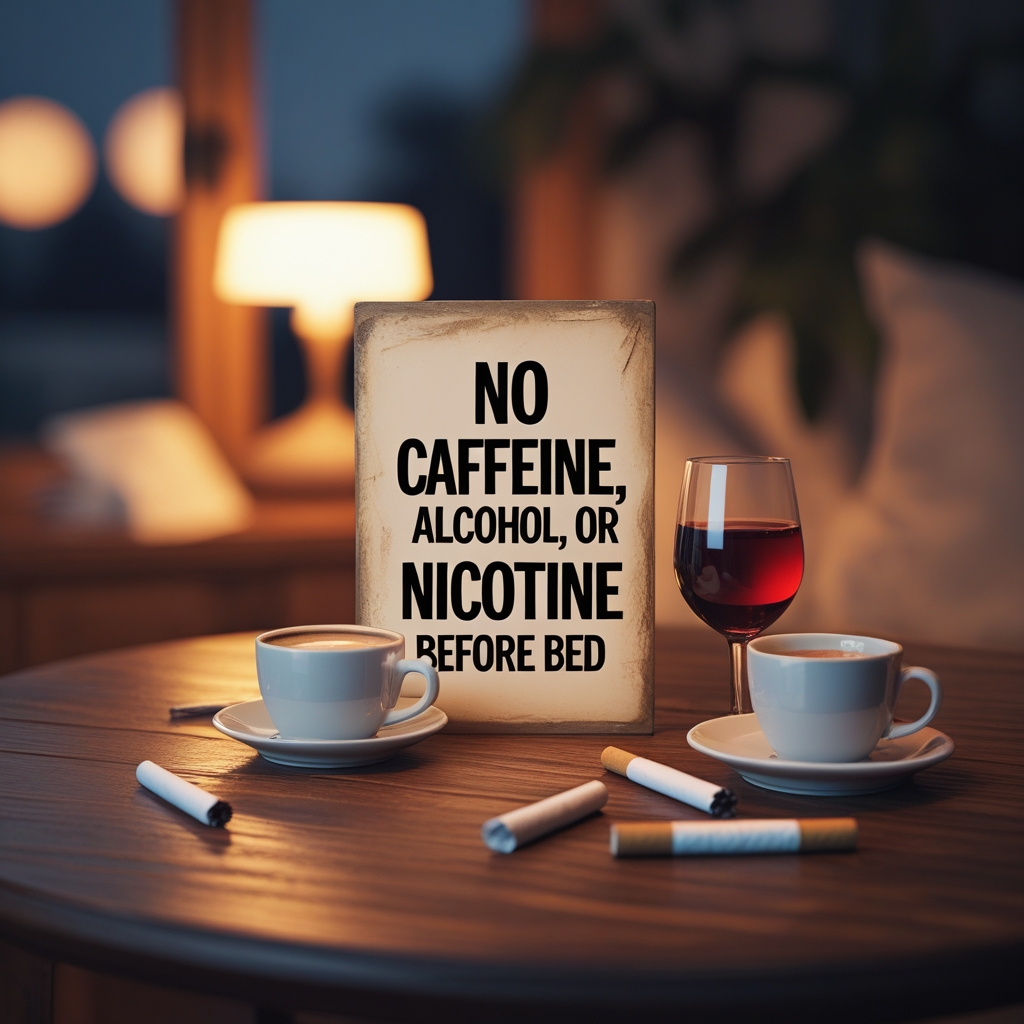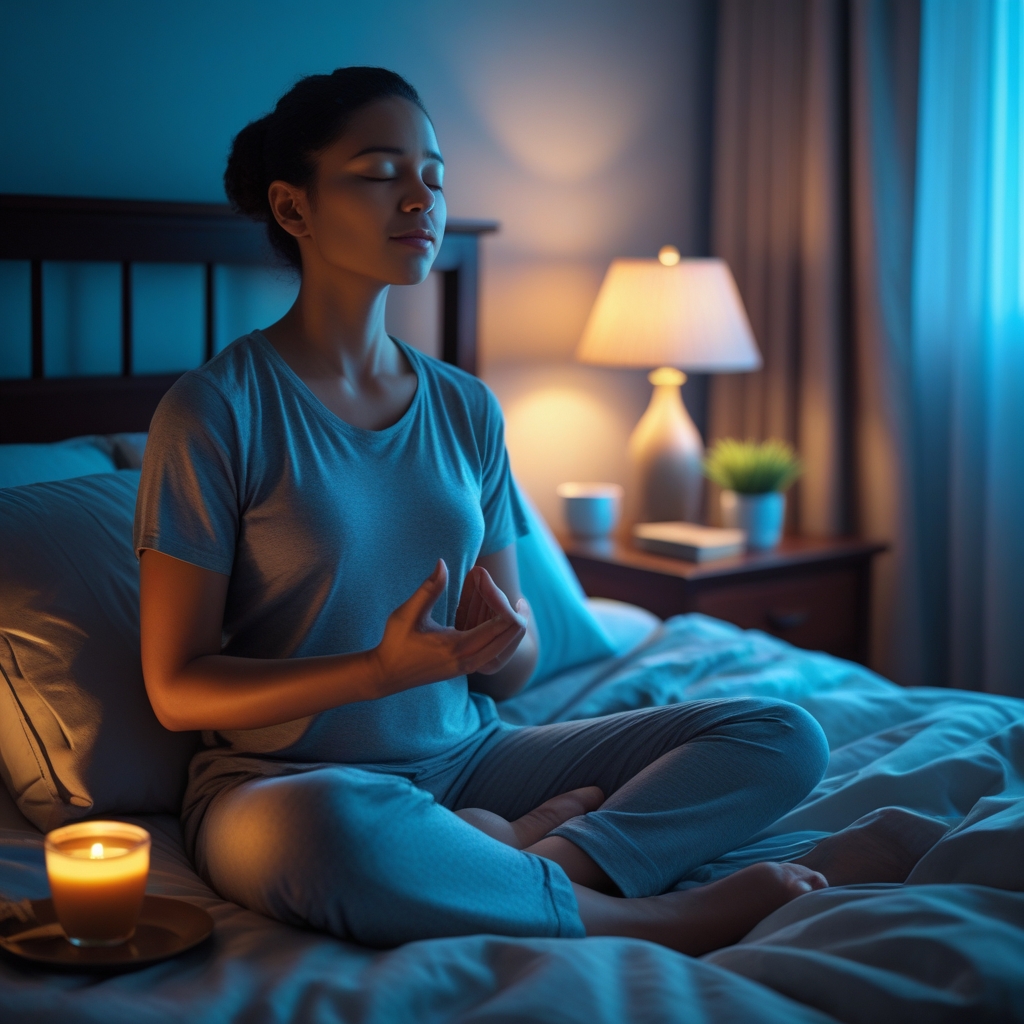
Struggling with poor sleep? You’re not alone. Millions of people face sleep issues that impact their health, mood, and daily performance. The good news is that adopting healthy sleep hygiene habits can help you fall asleep faster, sleep longer, and wake up refreshed.
This guide will explore 10 essential sleep hygiene tips to improve sleep quality and overall well-being.
What is Sleep Hygiene?
Sleep hygiene refers to daily habits that promote better sleep. Good sleep hygiene helps to prevent insomnia, fatigue, poor concentration, and weakened immunity. By making small lifestyle adjustments, you can enjoy restful and uninterrupted sleep every night.
10 Essential Sleep Hygiene Habits
1. Stick to a Regular Sleep Schedule
Your body follows a natural sleep-wake cycle (circadian rhythm). Going to bed and waking up at the same time every day helps regularize this cycle, making falling and staying asleep easier.
- Maintain the same bedtime and wake-up time, even on weekends.
- Avoid sleeping in or staying up too late.

2. Create a Relaxing Bedtime Routine
A calming pre-sleep routine signals your brain to slow down, making it easier to fall asleep.
- Read a book, meditate, or listen to soft music.
- Avoid stimulating activities like work or social media.

3. Optimize Your Sleep Environment
Your bedroom should be a quiet, dark, and comfortable place to support restful sleep.
- Keep the room cool (16-19°C or 60-67°F).
- Use blackout curtains and a comfortable mattress.

4. Limit Screen Time Before Bed
Blue light from screens inhibits melatonin, delaying sleep. Reducing screen exposure enhances sleep quality.
- Avoid screens at least 1 hour before bed.
- Use night mode or read a physical book instead.

5. Avoid Caffeine, Alcohol, and Nicotine
Certain substances interfere with sleep cycles, lowering sleep quality.
- Avoid caffeine after 3 PM to prevent restlessness.
- Restrict alcohol and nicotine, as they disrupt sleep sleep.

6. Exercise Regularly But Not Before Bed
Regular physical activity decreases stress and improves sleep, but exercising too late can be stimulating.
- Exercise earlier in the day, at least 3 hours before bed.
- Attempt light stretching or yoga in the evening.

7. Eat Sleep-Friendly Foods and Avoid Heavy Meals
What you eat affects how well you sleep. Some foods promote rest, while others cause discomfort.
- Eat sleep-friendly foods such as bananas, almonds, and herbal tea.
- Avoid heavy, greasy, or spicy meals near bedtime.

8. Reduce Stress and Anxiety
Stress is a major sleep disruptor. Practicing relaxation techniques can calm the mind and body.
- Try deep breathing, meditation, or journaling.
- Focus on positive thoughts and gratitude.

9. Avoid Long or Late Naps
Short naps can refresh you, but long naps may disrupt your nighttime sleep.
- Keep naps 20-30 minutes long.
- Avoid napping after 3 PM.

10. Get Natural Sunlight Exposure During the Day
Sunlight regulates your circadian rhythm, making it easier to sleep at night.
- Spend at least 30 minutes outside daily.
- Open windows or go for a morning walk.

Final Thoughts
Sleep hygiene is key to better health, energy, and focus. Following these 10 easy habits allows you to have deeper, more refreshing sleep and wake up energized every morning.
Start tonight and wake up to a healthier, more vibrant you!

















Pingback: Meditation for Beginners: A Simple Guide to Inner Peace